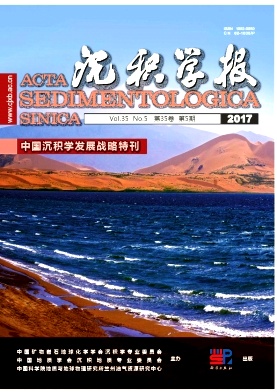New Research Methods and Their Applications in Anthropocene Ecogeology
doi: 10.14027/j.cnki.cjxb.2017.05.008
- Received Date: 2017-07-04
- Rev Recd Date: 2017-07-13
- Publish Date: 2017-10-10
-
Key words:
- Anthropocene /
- ecogeology /
- sedimentology /
- ice-free areas of Antarctica
Abstract: The new concept of "Anthropocene" attracts wide concern among geologists and sociologists; however, there are still a lot of controversies with regard to the time span of the Anthropocene. Based upon previous research results, we proposed a new partitioning method for Anthropocene. Anthropocene is a geological epoch dominated by anthropogenic activities. In order to study the ecological history and environmental evolution during the Anthropocene, we need high-resolution and widely-distributed sediments which have good temporal series and close relationship with biological activities. Using ornithogenic sediments as a new carrier of ecoenvironmental records and a multidisciplinary approach, we have successfully studied the main issues of ecology, climate and environment in the Antarctica. The ecogeology of ice-free areas of Antarctica is the multidisciplinary cross science between sedimentology, geochemistry, archaeology, and ecology, it is an important part of Anthropocene ecogeology, its theories and methods have been successfully applied in the Arctic and South China Sea, and it should be extended as the great platform of global sedimentology to open up a new area. In this paper, we discuss in detail the research methods and applications of Anthropocene ecogeology. These methods are important for understanding the changes of climate, environment and ecology and their relationship with human activities during the Anthropocene.
| Citation: | SUN LiGuang, YANG ZhongKang. New Research Methods and Their Applications in Anthropocene Ecogeology[J]. Acta Sedimentologica Sinica, 2017, 35(5): 958-967. doi: 10.14027/j.cnki.cjxb.2017.05.008 |






 DownLoad:
DownLoad: